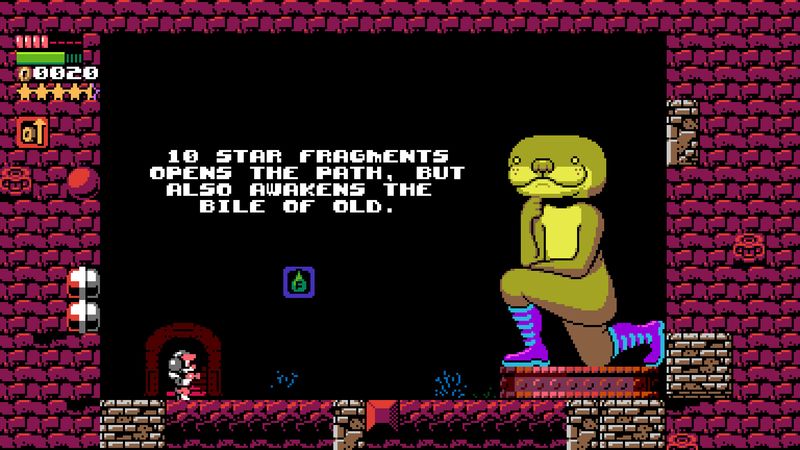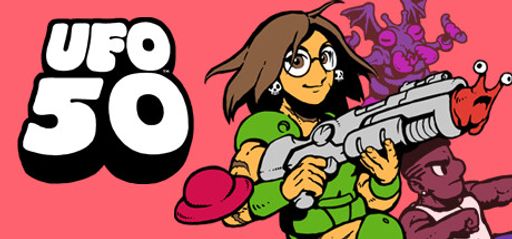I jumped into UFO 50 with a high-indexed focus on precision and challenge. This Mossmouth collection of 50 micro-games combines familiar 8-bit charm with new mechanics. I test every pixel, detail every nuance, and push each title to its limit. Here’s my comprehensive review.
Overall Impressions
UFO 50 stands out for its sheer scope and variety. You get platformers, shooters, puzzles, roguelites, and RPGs in one package. Moreover, Mossmouth built this title on a “less is more” philosophy. Every game works with only directional inputs and two action buttons; consequently, that minimalist approach highlights core design without clutter. Compared to other retro compilations, UFO 50 feels like a curated labor of love rather than a quick cash-grab. Yet, some mini-games lack depth or polish, betraying an inevitable trade-off in scale.
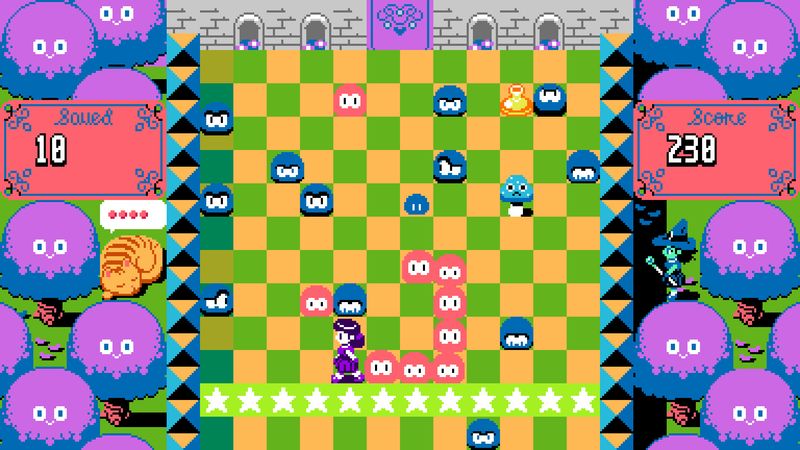
Gameplay Mechanics
UFO 50’s control scheme never smothers innovation; in fact, every mini-game feels tight. For example, in Party House, the chaos of simultaneous dodges and power-ups clicked instantly. I saw why players rave that it’s the best. Its fast input response and simple rules created endless high-score chases. Meanwhile, the roguelite sections delivered ruthless progression. Permadeath forced me to optimize every jump and shot. Puzzle levels leaned on brain-teasers that required lateral thinking more than twitch skill—this mix kept me engaged throughout. On the other hand, a handful of titles felt under-explored, serving more as proof of concept than stand-alone gems.
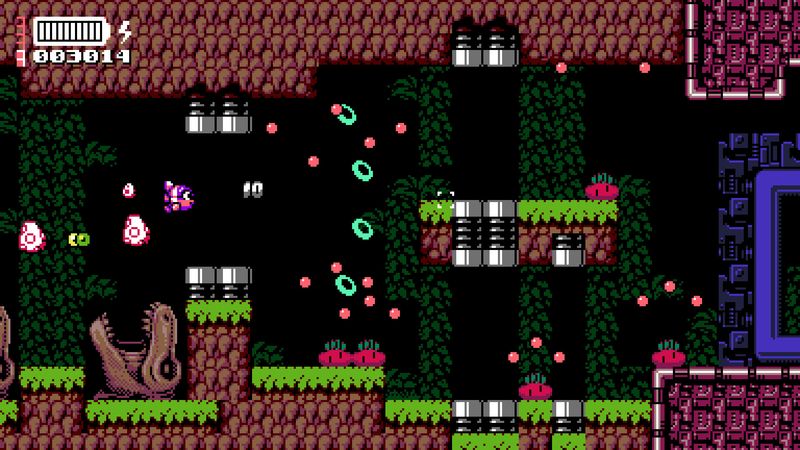
Story and Characters
UFO 50 doesn’t focus on a single, joined-up story. Instead, it gives you short tales for each game type. For example, one RPG piece has you saving a small village, while a shooter puts you in the shoes of a rookie pilot fighting off alien ships. Those little stories take under five minutes but still add setting and charm. The world feels just sketched out, and character moments are brief—enough to support the gameplay without getting in the way. If you’re after deep drama, you might be left wanting more. Still, I liked how the storytelling stays short and to the point, perfect for quick plays.
Visuals and Graphics
UFO 50 shines with classic 8-bit looks. Each mini-game has its own color choices and tile designs. Some stick to simple black-and-white sprites; others burst with bright colors and moving backgrounds. That mix keeps things interesting. Even when you zoom in, the pixel art stays sharp—no fuzzy edges. It’s clear Mossmouth’s team loves old-school style, but they also add fresh touches to make it feel new.
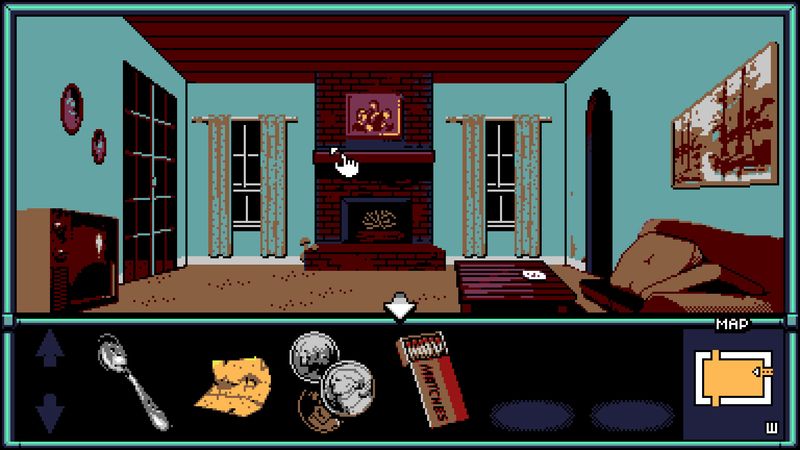
Sound and Music
The soundtrack is a collection of chiptune masterpieces. Each composer tailored audio to match gameplay pace. In the high-octane shooters, rapid arpeggios pumped adrenaline, whereas puzzles leaned on mellower loops that encouraged thoughtful play. I particularly enjoyed the Party House theme’s catchy melody and syncopated rhythm. Furthermore, sound effects felt satisfyingly punchy—jump SFX snapped on landing, and gunshots popped with just the right volume. No track or effect overstayed its welcome; in fact, I often replayed mini-games just to hear their tunes.
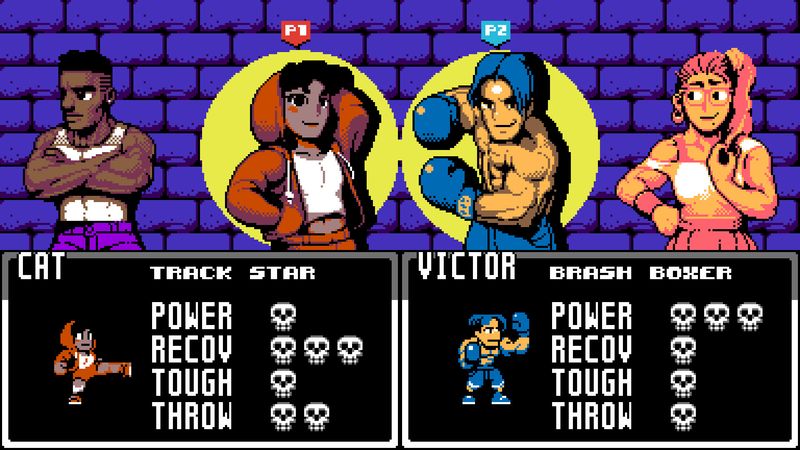
Difficulty and Replayability
UFO 50 challenges you relentlessly. Difficulty curves vary by game, but none hold your hand. Some levels punish split-second mistakes, while others demand mastery of tight movement and resource management. This high-skill requirement is ideal for competitive players. I logged dozens of hours chasing leaderboards and hidden secrets. Replayability shines in the roguelites, where procedural elements alter layouts each run. Additionally, score-attack aficionados gain replay value through global and local stats. My only gripe: a few titles suffered from inconsistent difficulty spikes that felt unfair rather than rewarding. Nonetheless, I eagerly returned each session.
Behind the Scenes and Trivia
Mossmouth built UFO 50 on lessons learned from Spelunky’s success. The team embraced procedural design and precision controls. They aimed for “50 complete games, not 50 demos.” Consequently, occasional rough edges appear—some mini-games served as prototypes for larger concepts. At its $24.99 price point, each game costs just 50 cents. Players note it likely runs on any device—someone even joked it might work on a toaster. With very positive reviews since its September 18, 2024 launch, UFO 50 cements Mossmouth’s reputation for quality bit-sized experiences.
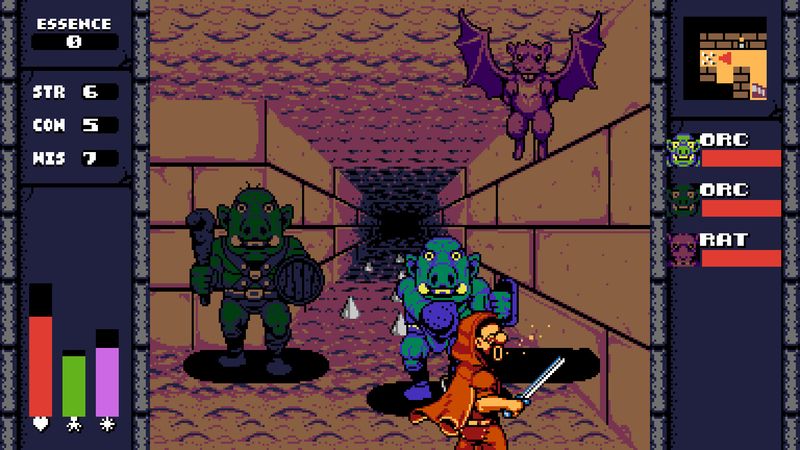
Final Thoughts
I find UFO 50 an exhilarating—and at times uneven—anthology that fuels my competitive fire. Its minimalist controls and diverse genres deliver endless challenge. Though a few entries feel incomplete, the standout games more than compensate. In particular, Party House alone justifies the purchase. I recommend this collection to anyone craving hardcore 8-bit action with a modern twist.
Rating: 4.5 out of 5 stars
In sum, UFO 50 channels the pioneering spirit of 8-bit gaming with a fresh design ethos. If you hunger for tight controls, varied gameplay, and relentless challenge, this anthology will satisfy your appetite. It stands as an exemplary retro-inspired package—and one of the most ambitious mini-game collections ever released.
